Times will try us, challenge our courage, but we will survive. Last Call, America – Available on Amazon.com
by Debra Tash
Times will try us, challenge our courage, but we will survive. Last Call, America – Available on Amazon.com
by Debra Tash
by Debra Tash
Some say America is at a tipping point and if we don’t speak up and act fast then our democracy can fall.Traditionally, dystopian novels have served as warning signs by showing us what could realistically happen in our world if we don’t correct our course.Today, author of Last Call – America: Last Call Before Darkness Falls Debra Tash answers questions about where our country may be heading and what we can do to stop it.
Q: As the author of a fiction novel that imagines the world in a dystopian future, what parallels do you see happening in the real world?
Debra: I see many parallels happening in our world today. There’s been an erosion of freedom in this country, the whittling away of our rights laid out in our constitution. Loss of the ability to use our property, restrictions on gun rights, political correctness, all muzzling the population. Wealth and power is concentrated in the hands of the few. Socialist dictatorships and military/elitist oligarchies are rising around the world. In them the individual is becoming or has become servile.
Read the rest of the interview: https://www.equities.com/news/can-dystopian-novels-predict-our-future
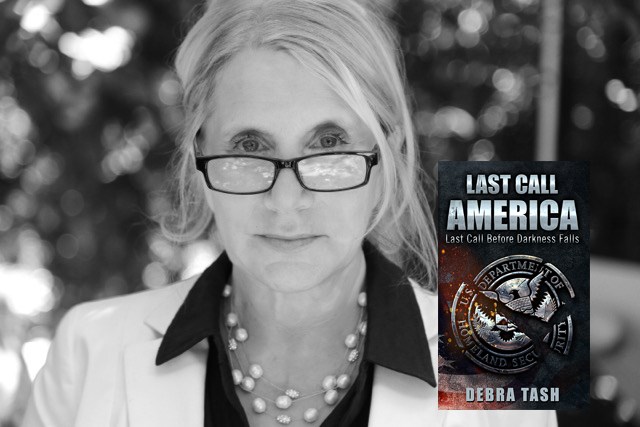
by Debra Tash
One of three interviews I did at the 2019 Los Angeles Festival of Books. It was a terrific day!
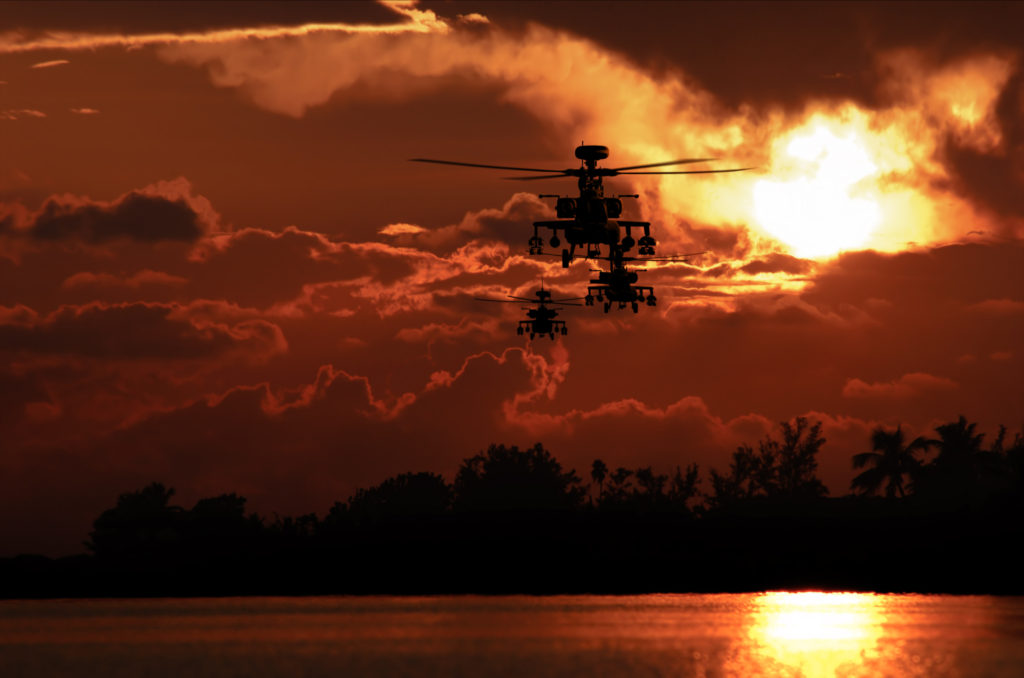
by Debra Tash
By Naomi Fisher, Columnist
In her latest book, “Last Call America” Ms. Tash gives us a realistic look at what could happen in our own United States. Through the eyes of a young lady caught up in the horror of martial law and a government out of control we watch her fall in love. We move with her and her young man as they answer the call to save our Republic.
As their fellow citizens lose all food and livestock to government raiders we become involved in the fast moving action and cheer our heroine and hero as they face pressures almost beyond endurance.
We hear the explosions from military armaments and shudder at their devastation. And, thanks to Ms. Tash’s extensive research we learn the function of multiple new age weapons.
A must read for anyone who enjoys love’s endurance throughout the strain of heroic effort.
A must read for anyone watching our Bill of Rights disappear and is concerned this might happen to us.
“Last Call America” is a very real wake up call. A notice that all of us must become active in our Country’s future.
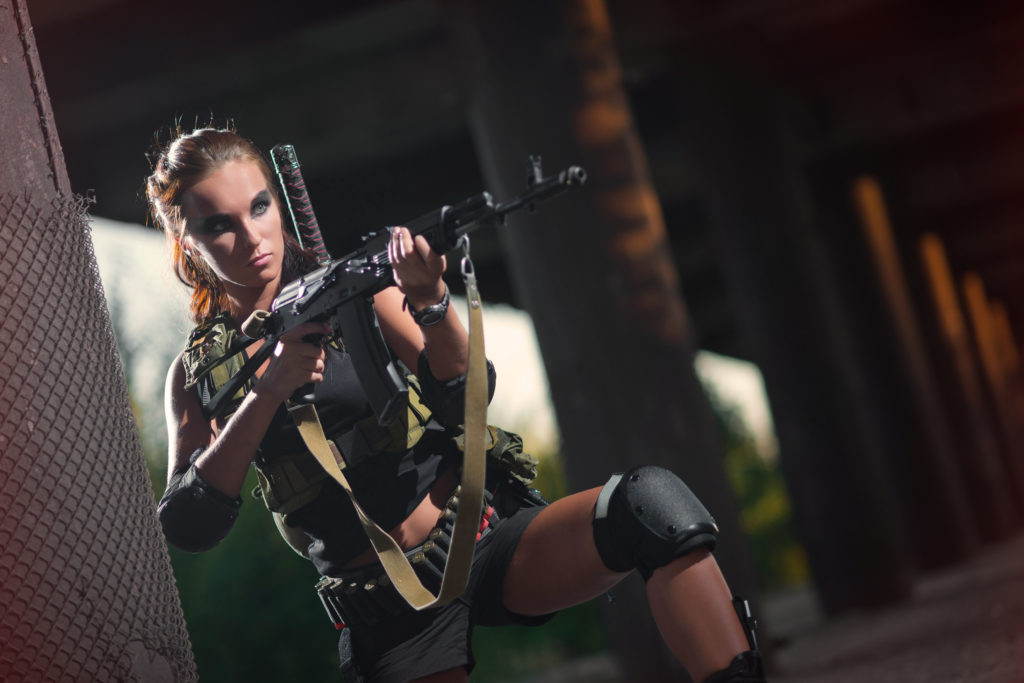
by Debra Tash
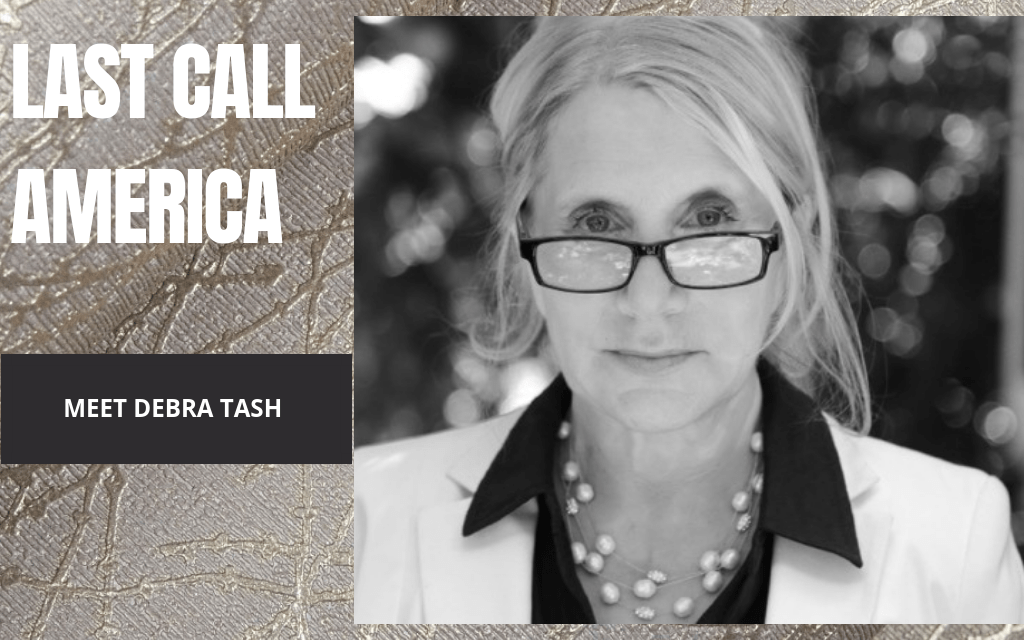
Last Call America!
Debra Tash is an award-winning American author, journalist and accomplished speaker. Her books have won multiple awards and been sold nationwide. Debra was born in Los Angeles where she honed her writing skills through various creative outlets including painting, with a few of her pieces touring internationally in Japan.
She gets her inspiration from current and past events, Debra Tash focusing on positive morals and uplifting themes. Her most recent book “Last Call America” focuses on the not so distant future and takes the current American political climate to a chilling collision.
From columnist Rich Eber’s review: “Last call America is a page-turner…the pay-off is a thought-provoking book which is well worth spending the time to read.”
Vertikal spent a delightful time with Debra Tash interviewing her on a Taste Of Ink Live. Enjoy!
What is your writing Kryptonite? DT: It’s what is interesting to me. I have written on ancient history, on events during the founding of our nation and now my latest, set in the not so distant future. It’s seeing all of human history, the elevated perspective, that nothing is new under the sun. We make the same mistakes. This gives me that Kryptonite, the key inspiration to write, at times light heartedly, at others with a sharp edge.
What literary pilgrimages have you gone on? DT: I’ve traveled to Europe, mostly Italy, marveled at what others have left behind, monuments, ideas, hopes. The travel that affected me the most is visiting the battlefields of our own American Revolution. To see the Valley Forge encampment and know that with the harsh conditions they endured, the lack of pay and support, the army should have deserted. But what the enlisted were there for was larger than their leadership, the Congress, their generals. They were there for their individual freedom which so much larger than who is in command or who is in power. Every one of them had their own dream, and they wanted to win it. That was very inspiring.
Do you want each book to stand on its own, or are you trying to build a body of work with connections between each book? DT: This book will stand on its own. I do have it in three parts but decided to release it as a whole. I have a body of work but it is work that I wanted to do, was inspired to do, that was entertained doing it. That is my body of work.
If you could tell your younger writing self-anything, what would it be? DT: Get your work out sooner. Don’t be afraid of rejection, criticism, be bold. Don’t look for affirmation out there. Know you’ve done the best you could and say it.
How did publishing your first book change your process of writing? DT: I have been published by smaller houses, micro-publishers. I learned that I can’t write for the market because by the time I finished the market changed. I just knew I had to go on and perfect my craft.
What was an early experience where you learned that language had power? DT: Language does have power. These days, with information overload and sound bites, crafting that bite that will stick with people. That phrase they can take with them is much more powerful than a million words of prose. Learning to write that phrase, that memorable character, that use of spoken and written language that stays with your listener/reader is real power.
How many unpublished and half-finished books do you have? DT: More than I can even remember. When I shuffle off to Buffalo I have to leave a note in my closet, “Enter at your own risk.” You have to learn when to walk away from a project.
What does literary success look like to you? DT: To have someone say/write that the book/article that I wrote stuck with them beyond the moment that they were entertained. That is the real success.
Do you read your book reviews? How do you deal with bad or good Ones? DT: I do. It sometimes means something and is helpful. What isn’t is the ones where they just knock your work, come out of the blue and for leaving me asking, did they even read it? This is for the good or the bad. If it’s relevant I pay attention.
What did you edit out of this book? DT: So much in this one. I have a critique group and there was one person in it who absolutely despised one of my main characters. I first envisioned that character as a foil for the key protagonist. With my critique partner’s input the character developed, the arch evolved until he became a hero. Writing is a journey for both the author and the writer.
Hear Taste of Ink LIVE by C. Stene Duckworth’s Interview with Debra Tash
https://www.mixcloud.com/TasteOfInkLive/a-taste-of-ink-live-with-author-debra-tash/
by Debra Tash
Come by and see Debra on April at the Los Angeles Festival of Books | April 13th 1 PM to 3 PM
Location: University Park Campus, Los Angeles, CA 90089 (USC)
Booth: 956 (Black Zone)
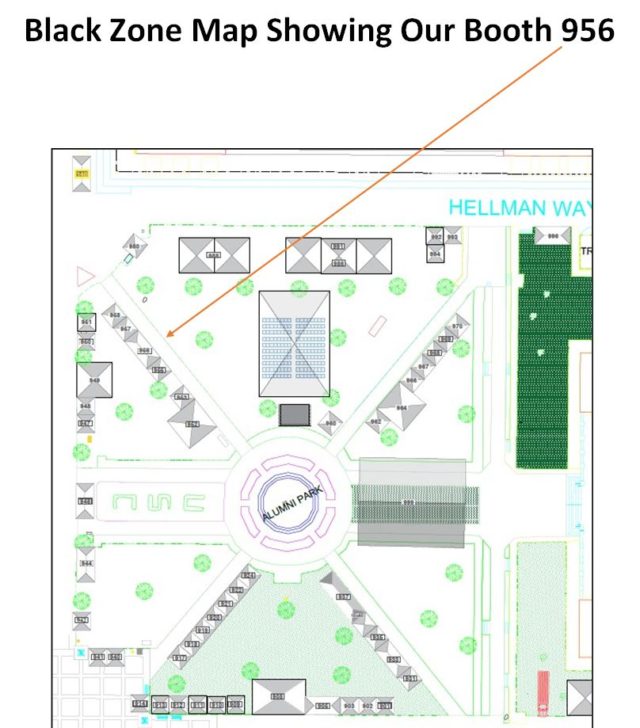
by Debra Tash
Last Call – America tells of a time in the not-distant future when America finally has lost its way, and Freedom is just an echo of a memory. The Government has conspired to make its citizens “beggars in our own country,” gradually but inexorably taking over lands, stores, supplies, and means of protection, until the citizenry are nothing more than slaves to a distant Master.
Last Call – America tells of a new civil conflict, with the legacy Federal government clinging to D.C. and points south, while the rest of the country struggles to find its way back to Liberty. It is the story of
Commander Poole sets off a new civil war with the words: “God gave us our lives and this country. It’s time we get them back.” The story will range from a huge underground facility called Icecap beneath the snows of Vermont, to the warm breezes and bluebonnet-blanketed hills of Texas, to a war-ravaged, ruined Washington, D.C., where a dictatorial Federal government diabolically deploys civilians at every strategic target as human shields against Charon, the newest form of weaponry – an EMP generator that takes out people as easily as electronics.
Last Call – America is a bit of history, a bit of science, and a lot of heart wrapped into a fast-paced account of a fictional American future that may very well be much closer than we might want to believe.
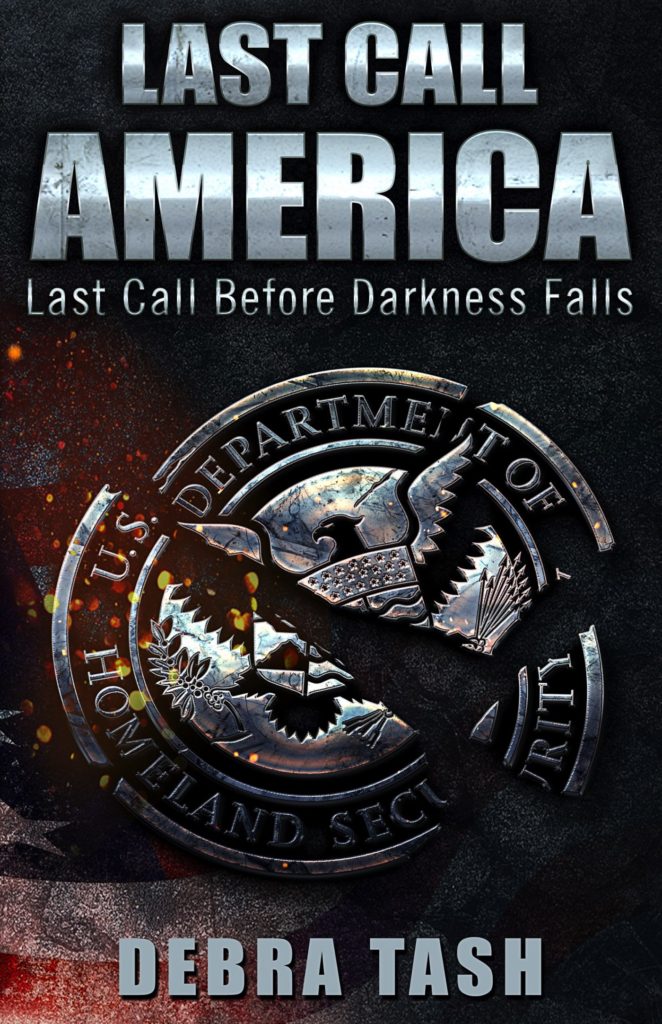
by Debra Tash
We’ve always cherished our rights outlined in one of the most unique documents in history. The majority of our framers considered the Constitution clear in what it guaranteed. However, George Mason, a neighbor of General Washington, insisted on even more assurances that the newly formed government would not tread on the individual. Mason’s Declaration of Rights influenced James Madison, the author of the first ten amendments to our constitution.
One of those rights, the very first, secures the freedom of the press along with the right to assemble and the freedom of religion and speech. This is something that many other nations, even some western nations, do not readily guarantee.
Our current press (print and other media) touts its right to publish whatever they deem fit above all the other freedoms in the Bill of Rights. This sometimes is done at the cost of common sense and even decency. Lately, it’s anything goes, even though it may not even be verified.
Recently we’ve been saturated with smut from pron stars to language that would make my late mother blanch. If it serves an agenda, it’s just fine. It doesn’t fall under what is “politically correct” or even what you would want your nine year old to hear, if it serves your agenda. Just print it, say it, spread it, even if it’s in bad taste or isn’t even true. You can give your mi culpas later, put out a retraction. But in the connected world of the internet, it will never die.
We’re bombard every single day with what passes for news now.
Kellyanne Conway, counselor to President Trump was slammed for saying, “alternative facts,” in a soundbite given to NBC’s Chuck Todd. Misspoken, perhaps? Perhaps not. Whatever she meant, the media itself is guilty of – alternative facts are an every day ingredient for what our present day crop of journalists cook up and feed us.
Take, “Drape Gate” from the New York Times. They claimed in an article that UN Ambassador Nickki Haley’s office paid $52,701 for curtains in an apartment rented on the federal time for the ambassador’s use. However it was under the Obama administration that the expensive apartment had been rented and the curtains ordered. The Times had to backtrack on its story while the Washington Post ran with a story that the Times was taken out of context. If you read the Times headline, “Nikki Haley’s View of New York is Priceless. Her Curtains? $52,701.” it was pretty clear of the context.
It seems much of the news has become nothing more than spin. Every story has an angle, true. However it’s the way you tell it, keeping in mind that it should and foremost be the truth. It would also help if they left off the smut, swear words and passed on the cruder content they’re spewing. I don’t need to know about the shape the president’s private part. No thank you, CNN, but if that’s the news you want to broadcast, I don’t have to tune in. You have the right, I suppose. And I have the right to say, some of what passes for news these days belongs at the bottom of an electronic bird cage.
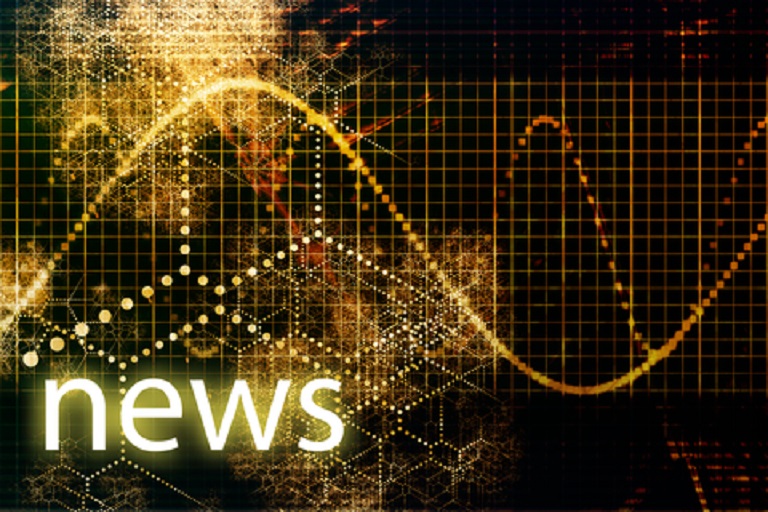
by Debra Tash
The new movie, “First Man” has proved once more that Hollywood is incapable, if not downright unwilling, to admit this country is astonishing in what it has accomplished. One of the most iconic images from the 7/20/1969 first moon landing was left out of the film. In this version of Tinsel Town history, Neil Armstrong isn’t shown standing by the American flag he’d planted on the surface of our nearest celestial neighbor. Why? Because both the film’s lead, Ryan Gosling, and its director, Damien Chazelle viewed the landing as a human milestone, not an American one.
“I think this was widely regarded in the end as a human achievement [and] that’s how we chose to view it,” he said. “I also think Neil was extremely humble, as were many of these astronauts, and time and time again, he deferred the focus from himself to the 400,000 people who made the mission possible.” Ryan Gosling, The Daily Caller
In some sense, that’s true. Every undertaking, good or bad, are ones that are enacted by human beings, singularly or by many. However, whatever they have done has been fostered by their environments. The moon landing, and what it meant to all mankind, was born of a freedom to express our creativity, to reach for that goal as stated by the late John F. Kennedy in his speech on September 12 1962: “We choose to go to the moon in this decade and do the other things, not because they are easy, but because they are hard, because that goal will serve to organize and measure the best of our energies and skills, because that challenge is one that we are willing to accept, one we are unwilling to postpone, and one which we intend to win, and the others, too.”
America, for all its growing pains, has fostered the best of ourselves because its one of the most successful constructs in our species’ history. Here the individual is sovereign.
It is in the individual mind and heart where great things are first conceived. The fabric of America allows for creativity to thrive. Global group think kills inspiration.
Okay, Mr. Gosling, 400,000 people may have made it possible to land on the surface of the moon but they were all individuals who lived in a country where their efforts were encouraged to bear fruit. There are so many milestones in the history of humanity, and there are a remarkable number of them crammed into the short span of the American experiment.
Hollywood, once more, has got it wrong. Landing on the moon was an American undertaking accomplished for all humanity.
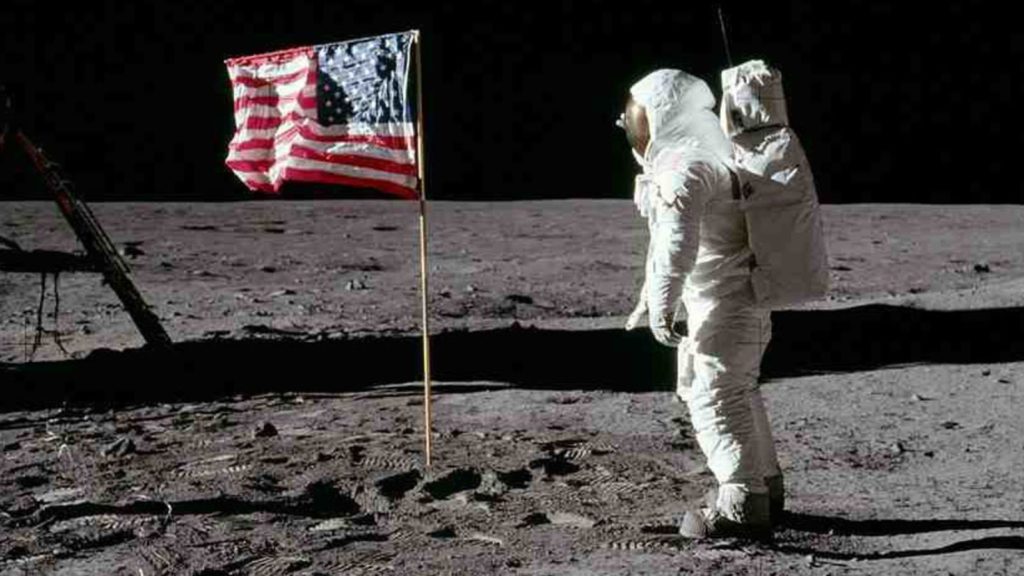
Copyright © Debra Tash. All rights reserved. Privacy Policy